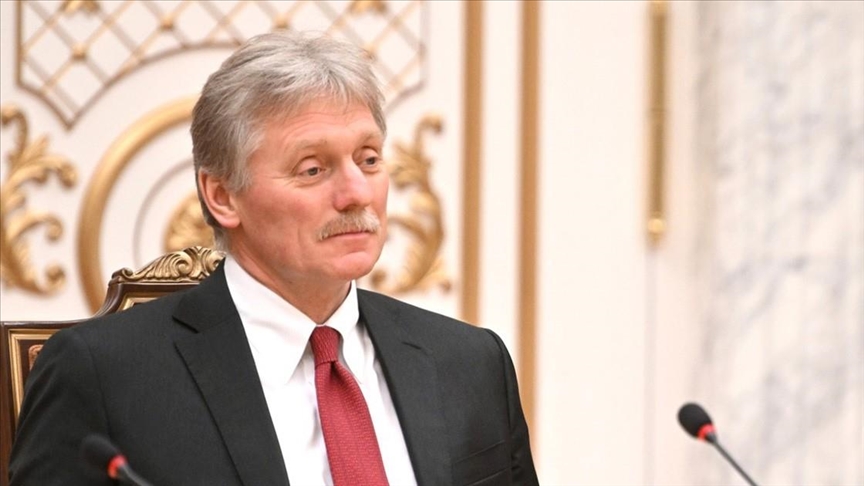The Kremlin on Monday said that the award of an Oscar to a documentary about Russian opposition politician Alexey Navalny showed “an element of politicization.”
“I can’t judge the documentary’s qualities, because I haven’t watched it … Therefore, it would probably be illogical to say anything. But, although I haven’t watched it, I dare say that there is a certain element of politicization of the topic here,” Kremlin spokesman Dmitry Peskov told reporters in a press briefing.
Revolving around Navalny and the events related to his poisoning in August 2020, the documentary, titled Navalny, took home the Oscar for Best Documentary Feature Film.
“Hollywood sometimes does not hesitate to politicize its work, so such things happen,” Peskov said.
Navalny was arrested in January 2021 after a hospital stay in Germany, where he was treated for the poisoning. Western countries and Navalny himself blamed Russia for the poisoning, a claim that the Kremlin denies.
About the war in Ukraine, Peskov said the goals set out by Russia in Ukraine can only be achieved by “military means” at the moment and that Moscow’s priority “continues to be and will always remain the achievement of the set goals.”
Peskov also said that the Kremlin does not yet see the prerequisites for the transition of the situation in Ukraine to a peaceful course.
He also disagreed with former chairman of the Munich Security Conference Wolfgang Ischinger’s remark on the creation of a contact group by the West for a peace process in Ukraine.
“No, we don’t think so,” the Kremlin spokesman said, when asked if the Kremlin believed that such proposals were right for the Western countries.
Ischinger wrote in an article for the German newspaper Der Tagesspiegel that the West should not force Ukraine to negotiate with Russia, but now one should think about what a peace process could be like, proposing a “mediation group” that could “at the appropriate moment” play a role in possible negotiations.
Peskov said that the G-7 does not reflect the current state of the entire world economy, adding that the BRICS’ (Brazil, Russia, India, China and South Africa) share in global GDP exceeded that of G-7 countries.
“The world economy is far from being limited to the G-7 countries. That is why Russia believes that this format clearly does not reflect the economic aspirations of our planet,” he said.
Peskov also noted that Russia instead focuses on the G-20 format, which “reflects the real state of affairs in (the global economy) a much more complete way.”
Amid reports that India will not violate the price ceiling for Russian oil imposed by Western countries, Peskov said that Moscow focuses primarily on its contacts with India in economic matters.
“We have certain decisions made on this subject by the president of the Russian Federation and formalized with the relevant documents. We will proceed from them. In addition, in this case, we are guided not by reports from news agencies, but primarily by our contacts with our counterparts in India,” he said.
Responding to the Ukrainian proposal to rename Russia to “Muscovy,” the Kremlin spokesman said: “This, such messages and similar decisions, should probably be regarded as a bad joke. There have been many such jokes about this, I don’t think that any more jokes need to be made. I repeat once again, you can only laugh this off. Regardless of what some may call it, Russia will remain a great power, a great country. It will remain Russia.”
On Friday, Ukrainian President Volodymyr Zelenskyy instructed Prime Minister Denys Shmyhal to conduct a “comprehensive processing, in particular with the involvement of scientific institutions,” on the results of a presidential petition which proposed to officially rename Russia to “Muscovy” and to change the terms Russian to “Muscovian,” as well as the Russian Federation to the “Muscovian Federation.”
“The issue raised in the petition needs to be carefully worked out both in terms of the historical and cultural context, and in view of the possible international legal consequences,” Zelenskyy said.




















































Be First to Comment